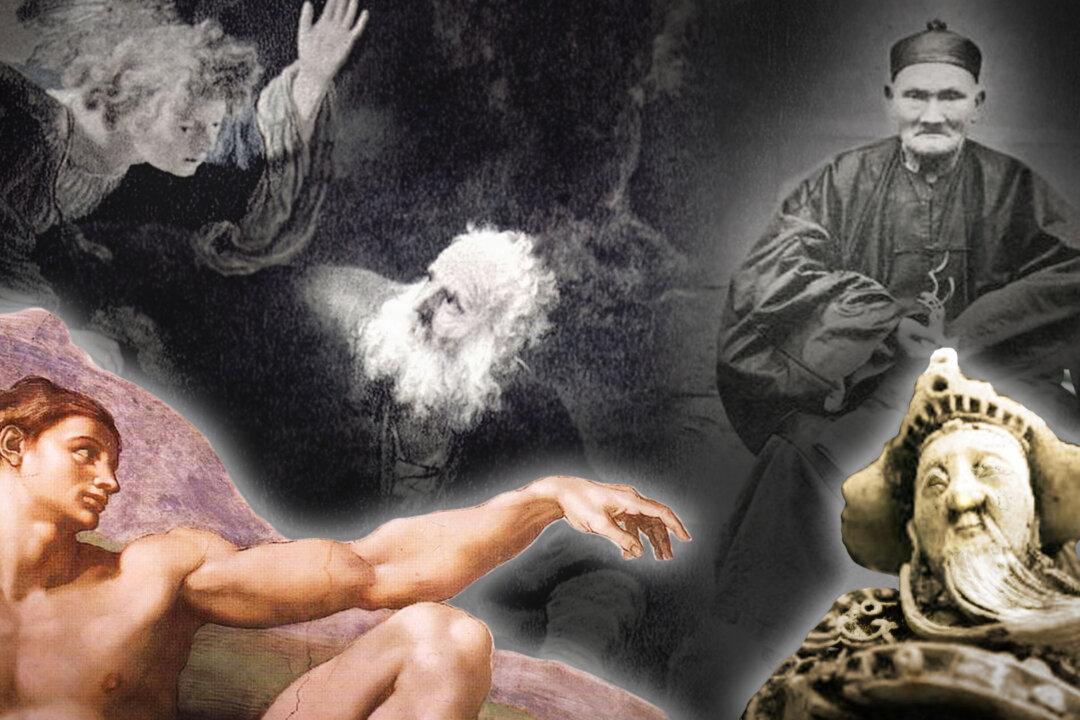It isn’t just biblical figures who were said to have lived to the seasoned age of 900 or older. Ancient texts across many cultures attest to lifespans most modern people would find impossible to fathom. Some claim this to be a mistranslation or that the numbers are allegorical—but contrary to the naysayers, some historians have wondered whether people’s lifespans could have exceeded those of people today.
One critique holds that one particular ancient Near East measurement of a year could be different from our current concept of a year. Perhaps their year meant an orbit of the Moon (30 days), for instance, instead of a terrestrial orbit around the sun.






